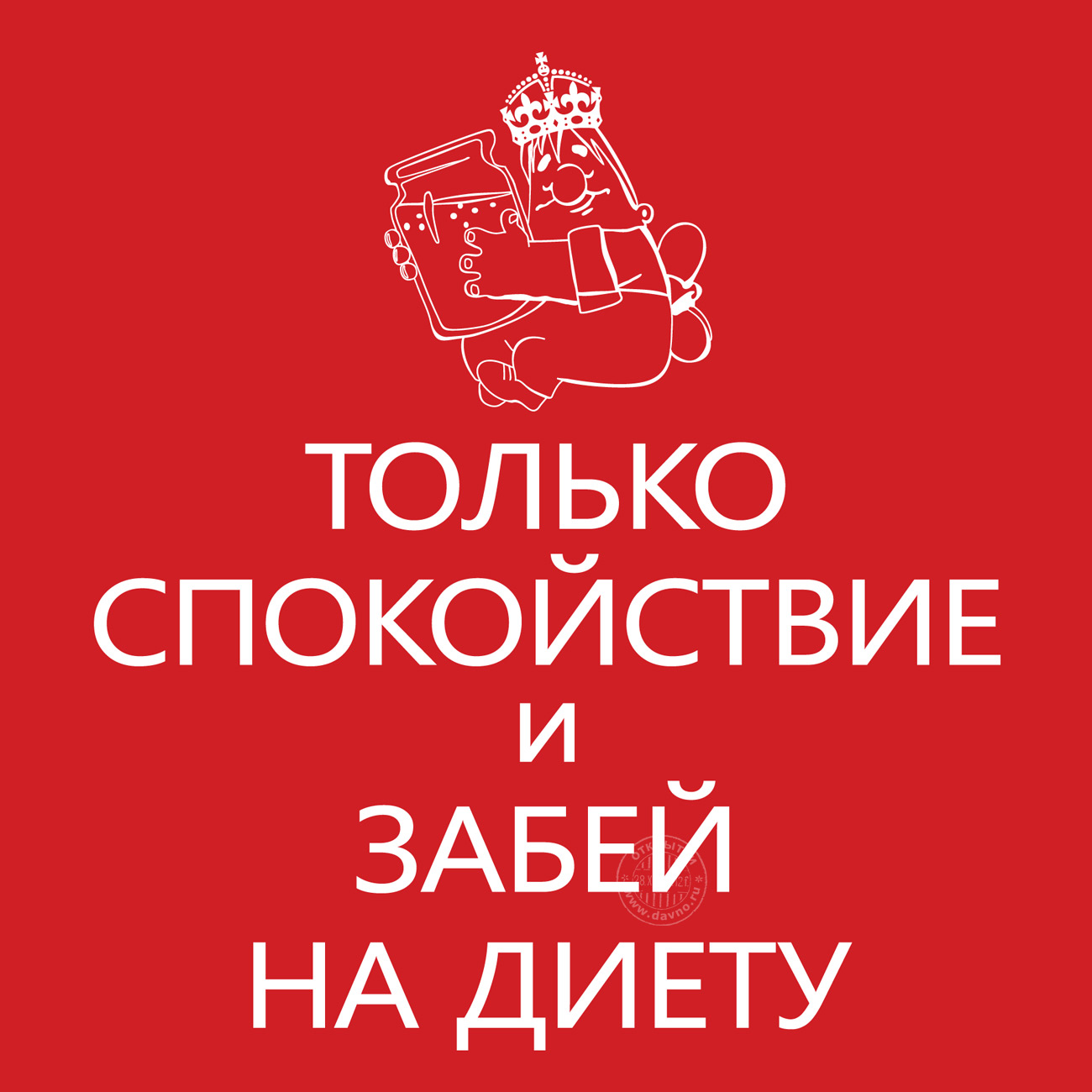
WEIGHT: 48 kg
Breast: 3
1 HOUR:70$
NIGHT: +90$
Sex services: Cum in mouth, Photo / Video rec, Oral, TOY PLAY, Facials
He and Hassen Hammou, the founder of an association called Trop Jeune Pour Mourir Too Young to Die , are discussing some of the underlying social and judicial issues behind rising violence in Marseille. So far this year, the city has seen 45 drug-related murders, one of the worst yearly rates on record.
Civilian deaths — such as that of year-old Socayna, who was killed in September by a stray bullet in her bedroom — underscore the urgency of solving the problem that extends beyond those directly involved. But the perpetrators and victims are getting younger and younger. Experts are continuing to examine the societal conditions that foster this environment, and numerous groups are acting to help. Meanwhile, a class-action lawsuit is trying to sue the state for human rights violations.

In the s and 70s, traditional structures evolved from largely family-run, Corsican mobs to more individualistic operations, as Marseille shifted away from industrialisation. Amine Kessaci founded the organisation Conscience when he was 16, four years ago, after his brother was killed.
The association provides a support network both emotionally — giving immediate support to families who have lost someone to drug violence — and administratively, helping young people with homework and eventually finding jobs. The absence of this has changed how the police and youth population see and interact with each other. The neglect of these neighbourhoods — and lack of state protection — might actually constitute a violation of human rights.

First, a judge must confirm that there is a state of emergency, and violation of human rights. If this is accepted, the case can go to court quickly, where the judge might establish temporary measures to curb the violence. The Marseille case focuses on four violations — the right to security, the right to life, the right to equality, and a case of discrimination. But one of the first attempts to pass it through was denied. Croizet thinks this was because of the right to equality and the case against discrimination clauses.


































